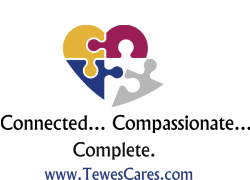|
It might feel scary to tell others if you've been diagnosed with dementia or even just mild cognitive impairment (MCI). Start with those you think will be the most supportive. Perhaps close family and friends.
Common reactions. People will vary in how they respond to the news. Some will be genuinely caring and ask how you are doing and how they can help. Lean into those relationships. Others may respond with denial ("No, not you!" "You're too young …"). They may need to hear some facts about neurocognitive disorders. Some people may react by pulling away. Ouch. This is disappointing. Do your best to not take it personally. They may need time to adjust. Or they may simply lack information about your condition and have unfounded fears. Again, education may be helpful. What to say. Choose a quiet time and place where you can talk one on one. Or you might want to write a letter or email.
Continue to engage with life. You still have the ability to enjoy life and live with meaning and purpose. Stay committed to the hobbies and activities you love. Look for an early-dementia support group. You may find new friends—people who understand what you are going through—and new ideas for living well. Looking for early dementia resources? Give us a call at 203-826-9206.
0 Comments
Your comment will be posted after it is approved.
Leave a Reply. |
AuthorLeslie Alin Tewes is a Geriatric, Disability & Medical Care Manager; Elder and Adult Care Advocate; Quality Improvement Specialist. Archives
July 2024
Categories |



 RSS Feed
RSS Feed

